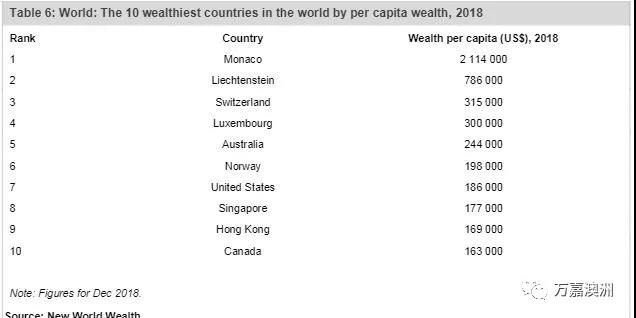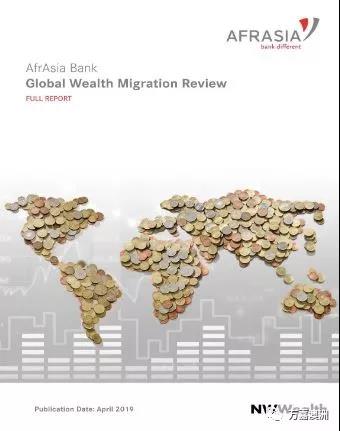
This report covers the overall trends in global wealth and immigration wealth over the past decade and forecasts for trends in the next decade. The table below table breaks down the various wealth categories we saw in this report.
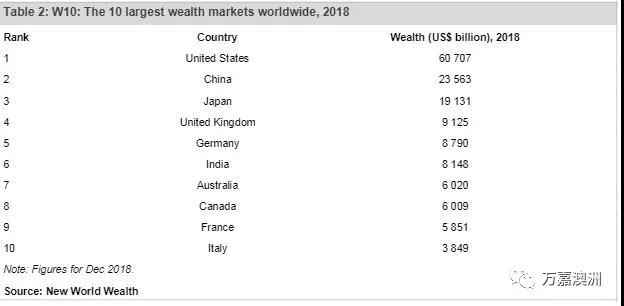
Wealth refers to a wealth of valuable financial assets or physical assets that can be converted into forms that can be used for transactions, including real estate, cash, stocks, and commercial profits.
Total wealth refers to the total net wealth of citizens of a country at a set time, including real estate, cash, stocks, commercial profits, and government funds are not counted in total wealth. All growth rates and figures appearing in the report are converted to US dollars
All the data in the report are from New World Fortune.
The year in which this report is reviewed is 2008-2018, and the forecasted year is 2018-2028.
Why is this report compiled?
We believe that wealth is a measure of better than GDP when measuring whether the economy is healthy. Here’s why this is the case: In many developing countries, a significant portion of GDP flows into the government, so GDP has no impact on private property.
Multiple GDP calculations (for example, if someone pays $100 for a product or service and then they pay $100 for other products or services, then it will increase $200 to a country’s GDP, even if it’s produced The cost is only $100)
GDP indicators cannot indicate the wage income level of a country
The GDP indicator largely ignores the impact of real estate and stock market operations, and the impact of these two factors on wealth is clearly dominant.
GDP is a good measure of data, but its change between years and years is small, so it is not a suitable measure of economic operations.
On the other hand, wealth data is not so much limited, so wealth is a better measure than GDP.
Other reasons:
High Net Worth Wealth (HNWI). The reason for the loss may be some very serious national problems (crimes, religious conflicts, lack of business dealings). This is also an ominous sign, as if people with high net worth wealth are always the first to leave the country when there is a problem with the country’s operations. Unlike middle class citizens, they have a way to leave. If you look at the collapse of any major country in history, there will usually be a affluent population moving out of the country.
Conversely, countries that attract high-net-worth wealthy people (such as Australia and the United States) generally develop healthily, have high levels of security, good education, and good business development opportunities.
Global Wealth Data (as of December 2018):
Global total personal wealth data is about $204 (billion) average personal net worth of about $2700 (wealth/asset) There are about 14 million high net worth wealthy people worldwide, each accounting for about 1 million net assets or more. There are about 560 million multi-millionaires in the world, each accounting for about 10 million net assets or more. There are about 25,000 people in the world between billionaires and billionaires, each of whom has about 100 million net assets or more. There are about 2,140 billionaires in the world, each of whom has about $1 billion in net assets or more.
W10: The world’s top ten most wealthy markets In terms of the world’s total wealth rankings, the top 10 countries are shown in the table below (also known as W10). Total wealth refers to the total net wealth of citizens of a country at a set time, including real estate, cash, stocks, commercial profits, and government funds are not counted in total wealth. As reflected, the United States is the world’s largest wealth market, and Australia’s ranking is also high, although only 25 million people live in Australia.
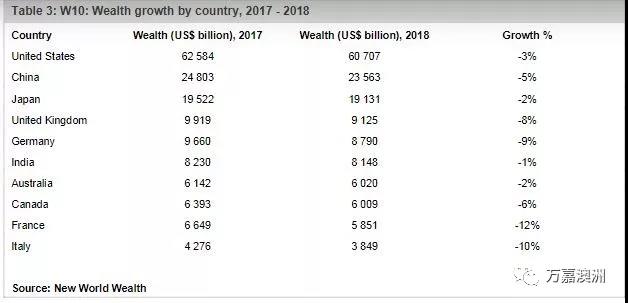
In terms of wealth growth rate, the situation of the top 10 wealth countries is shown in the table below. The table below reflects that the growth of wealth in 2018 has declined in the top 10 wealth countries. Countries worthy of attention are; Australia’s Super Canada and France rank seventh
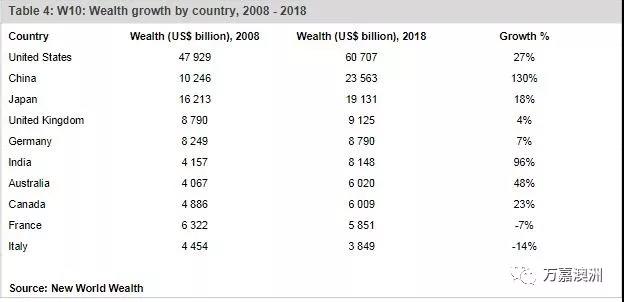
The growth rate of W10 has changed over the past decade as shown in the following figure. Despite the Brexit elections, Britain is not the worst wealth country, in terms of wealth changes over the past decade. But France and Italy are the worst performers in terms of growth rates.
The table below ranks countries (10) based on average personal assets. As reflected in the table below, small economic groups such as Morocco and Liechtenstein are ranked one or two.
The high average wealth of Moroccans illustrates:
a good tax structure: Moroccans do not have a payroll tax. This has attracted a lot of wealth people, which just promoted the country’s business formation. It is worth noting that only three countries have no payroll taxes: United Arab Emirates, Morocco and Bermuda.
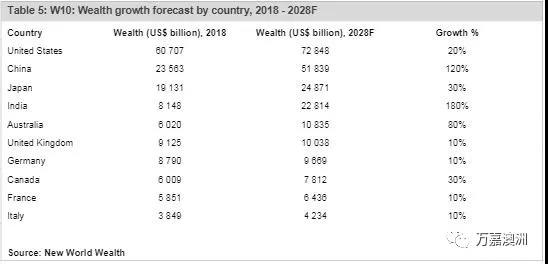
Offshore Financial Center: Morocco, as an offshore center for European wealth, has brought a lot of financial wealth.
Morocco is located in the main part of the French Riviera (Côte d’Azur).
A large number of multi-millionaires: 2,700 people in Morocco’s 40,000 inhabitants have more than 10 million assets.
The concentration of super-yachts in the Central Plains is also one of the most popular yacht moorings.
High purchase prices, only those with a high amount of wealth can afford housing prices. The price per square meter of apartments in Morocco is the highest in the world (see the world’s leading real estate page for details): Morocco is a symbol of wealth, luxury and reputation.
